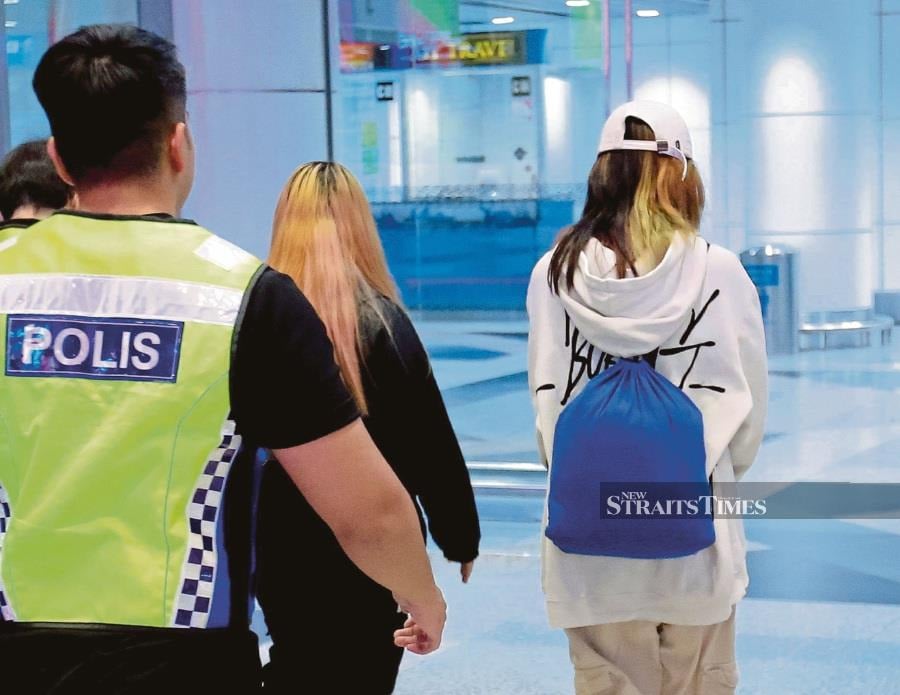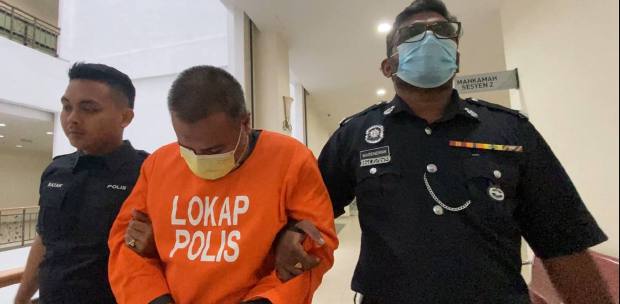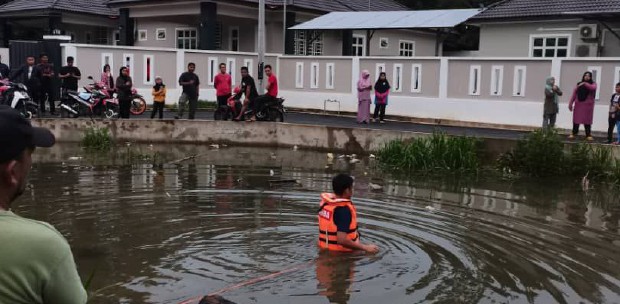KUALA LUMPUR: Human-trafficking victims should not be afraid to come forward to authorities as they will be offered immunity from prosecution and a second chance to find work in Malaysia.
Victims will be allowed to move freely in shelters and be given adequate support, including counselling and monthly allowances.
Anti-Trafficking in Persons and Anti-Smuggling of Migrants Council division secretary Syuhaida Abdul Wahab Zen said Malaysia had transitioned to a more victim-centred approach after amending the Anti-Trafficking in Persons and Anti-Smuggling of Migrants Act (Atipsom) 2007.
She called on victims to come forward and assured them that they should not worry even if they were undocumented, since Section 25 of Atipsom granted them immunity from being charged.
"We also work closely with non-governmental organisations. Inside the shelters, there will be sessions such as interventions, counselling, technical and vocational assistance, language classes and cooking classes, among others.
"In 2015, when we amended the law to provide a more victim-centred approach, victims could move freely, where they could go in and out of the shelter, or even buy groceries.
"At the same time, since they are free to move, we can also accord them the freedom to work. This means that they can have a second chance in terms of employment in Malaysia," she told NST Focus, adding that victims were also given a monthly allowance of RM120, apart from basic necessities at the shelter.
She added that victims seeking employment would need to apply for a proper work permit with a prospective employer, who would be scrutinised by the Immigration and Labour Departments.
This, she said, was to ensure that their new employers had no prior negative records on the treatment of foreign workers in Malaysia.
"For non-citizens, they would also have to apply for the necessary documents from their foreign diplomatic missions and, on top of that, the victims must also provide medical and safety report to show that they are fit to work physically and mentally."
Included in the 2015 victim-centred amendments, she said, was also the provision where victims would receive compensation from their traffickers upon conviction in their case.
"The traffickers are required to pay compensation to victims of trafficking (when they are found guilty). There would be a court order for the perpetrator to pay compensation."
For trafficking victims whose salaries were withheld, she said, the court could order the payments of salary to them even if there was no conviction.
Syuhaida also acknowledged that there were also cases where victims were trafficked into Malaysia and then left stranded at airports with no money, direction or employment.
"On a humanitarian basis, following the Madani concept of our compassion to this group of people, we would offer them the choice should they want to change their employment.
"We would facilitate the process so that they can work here legally."





